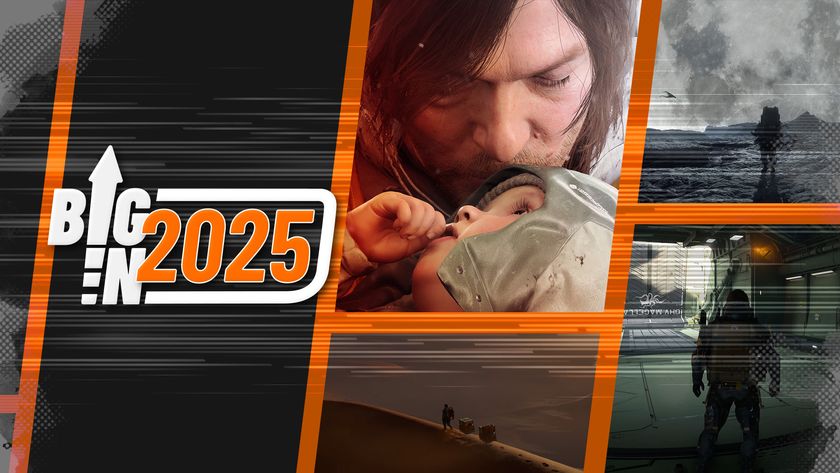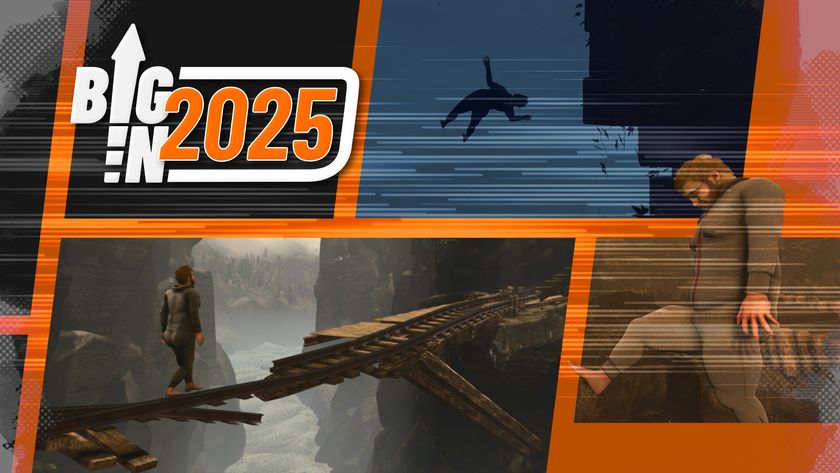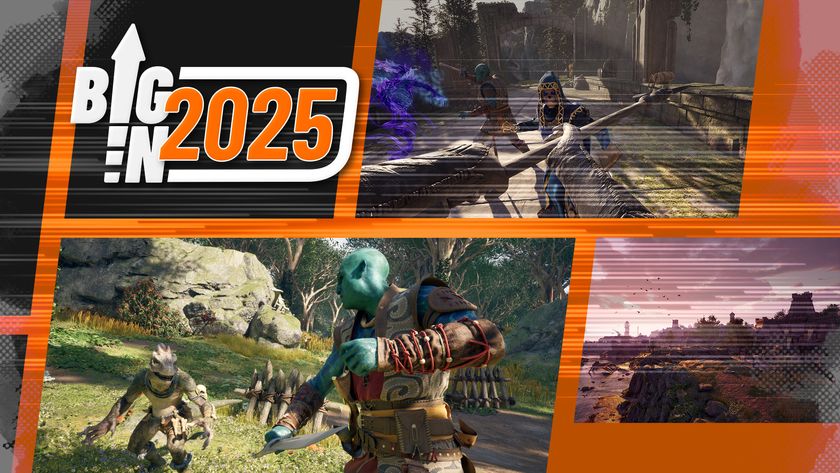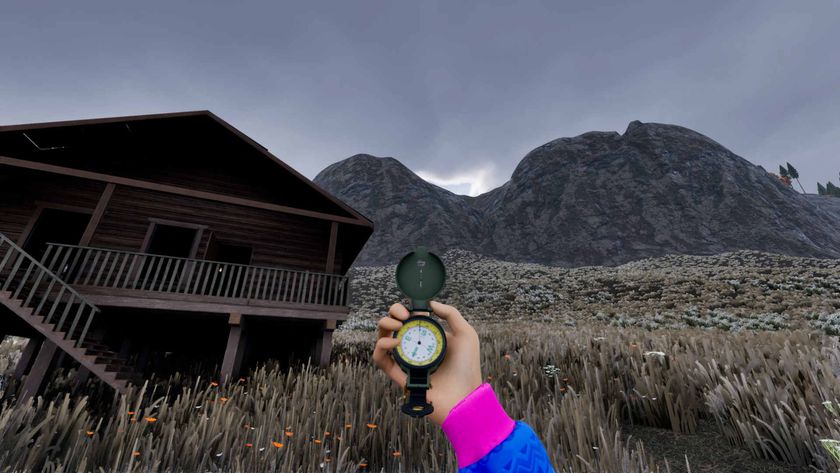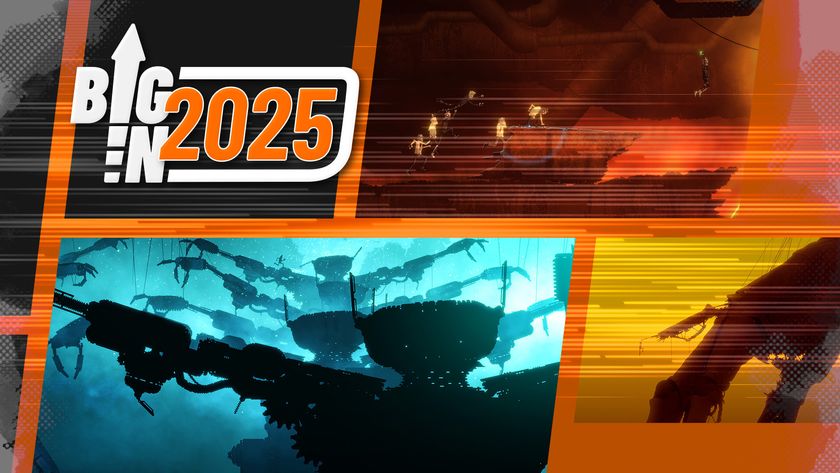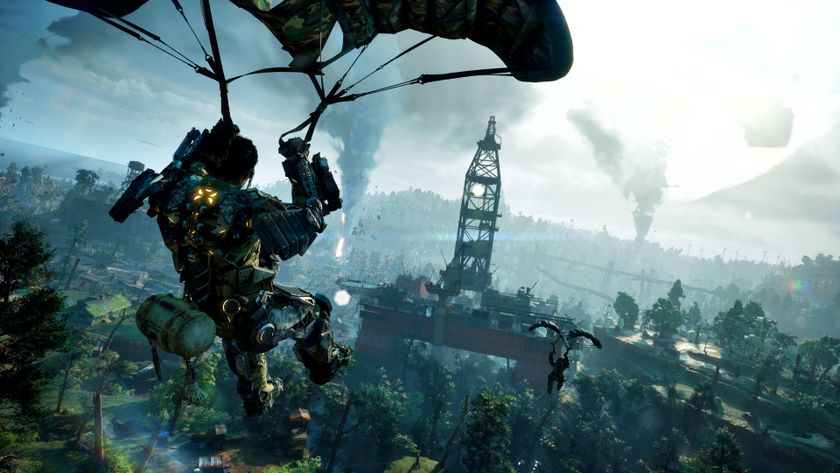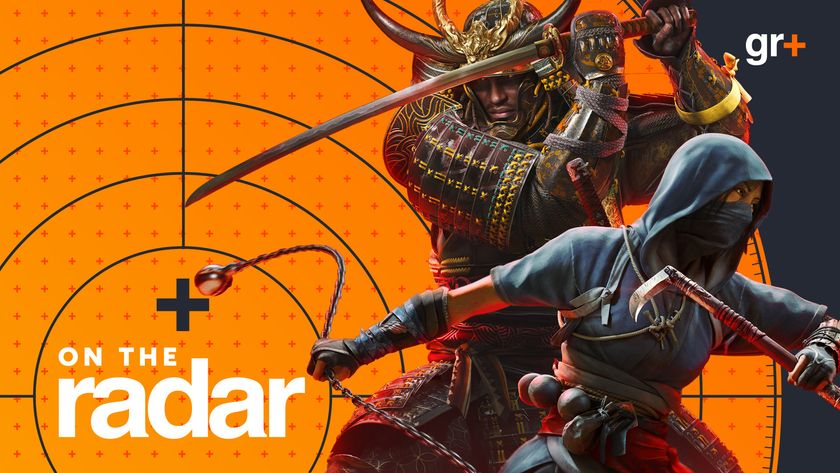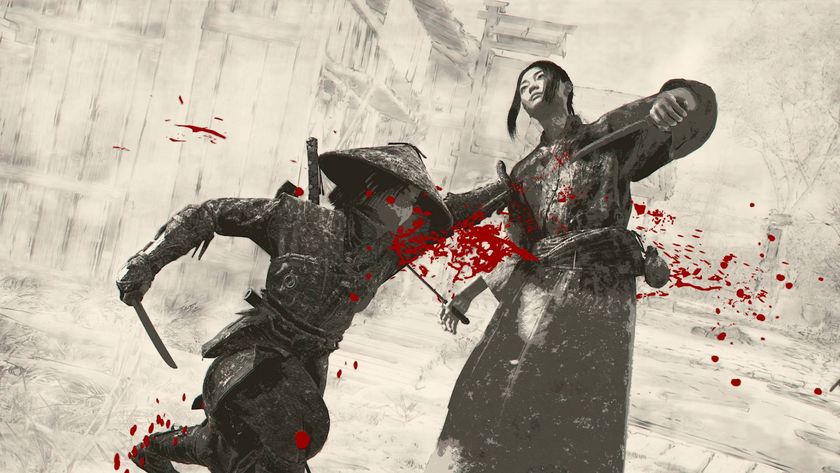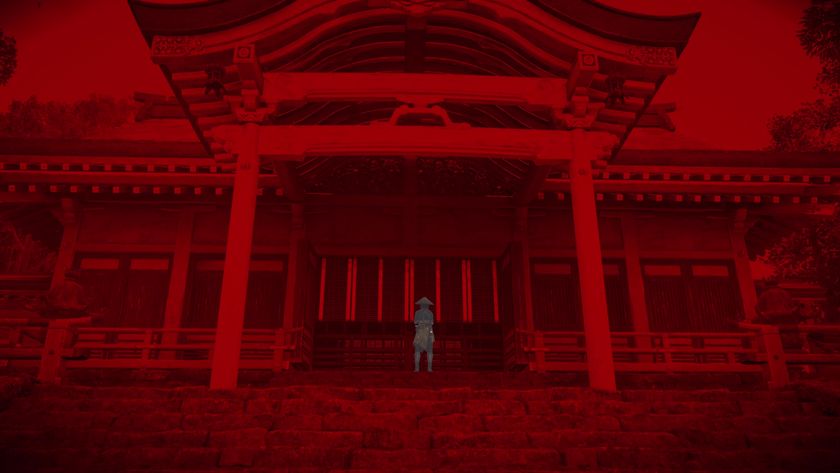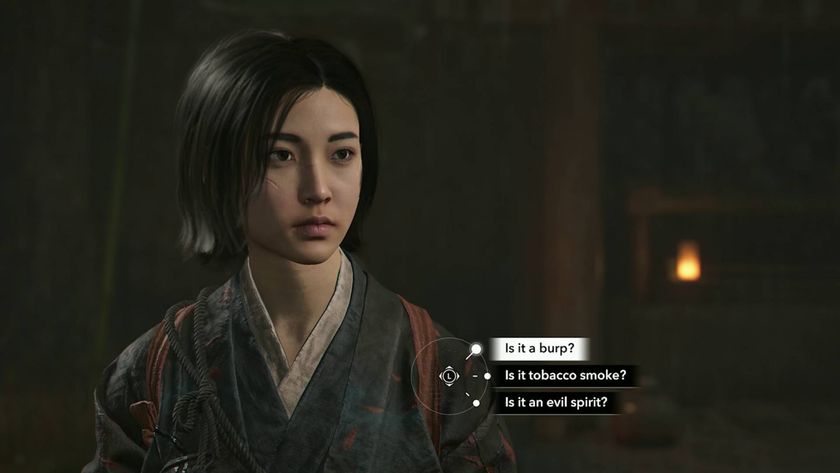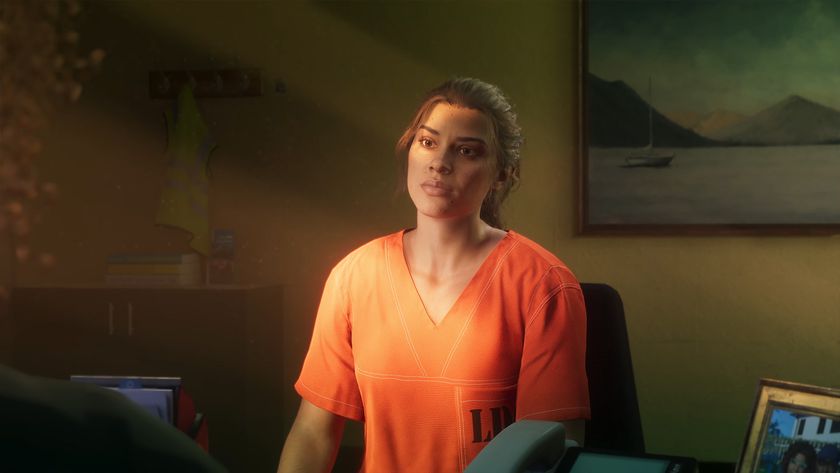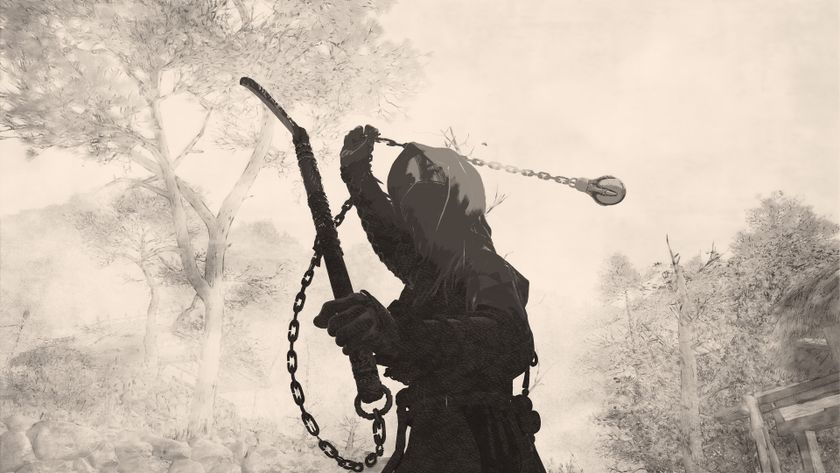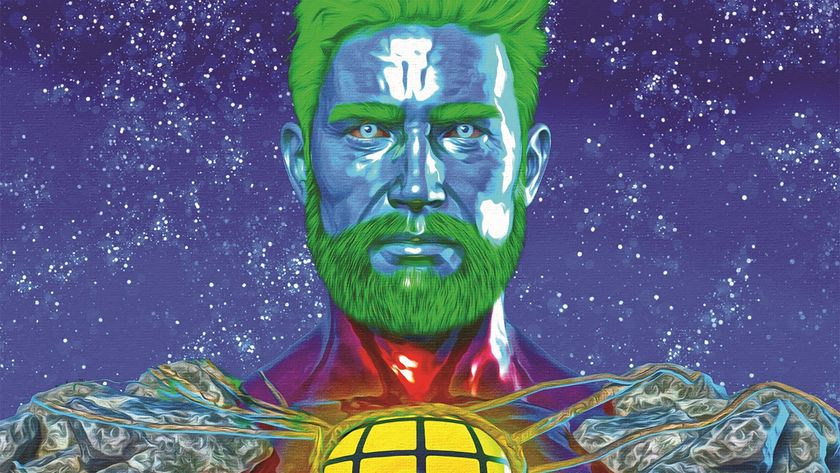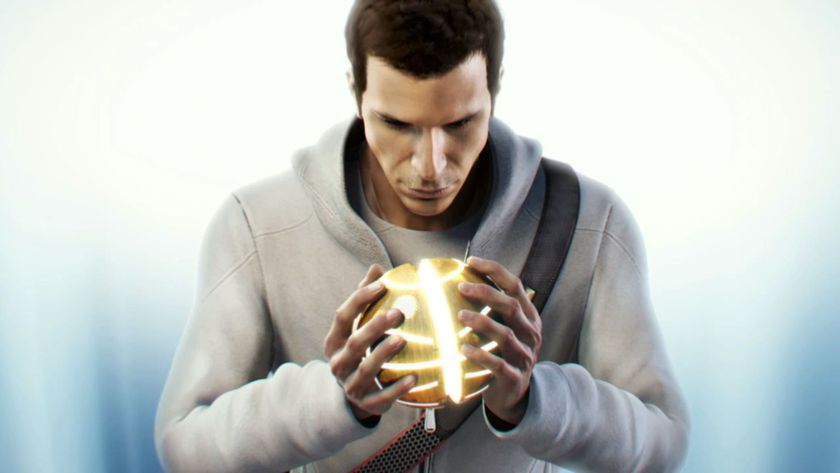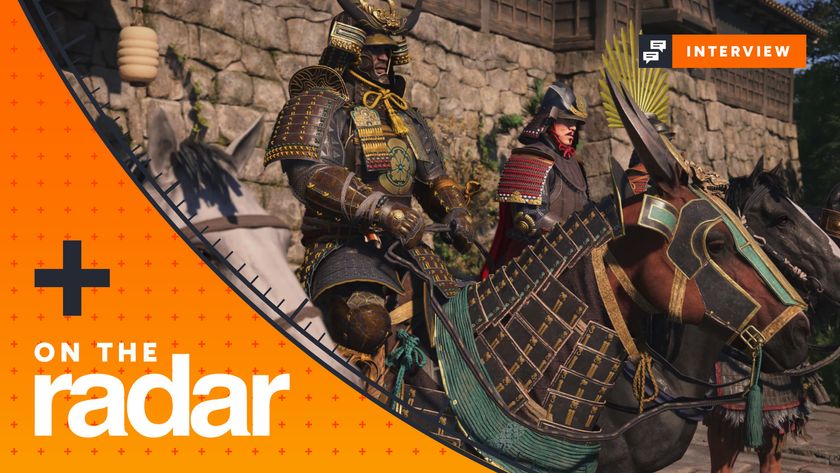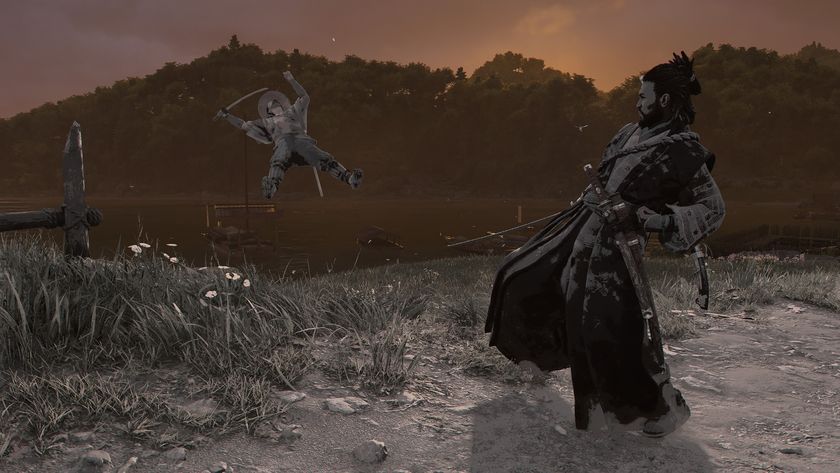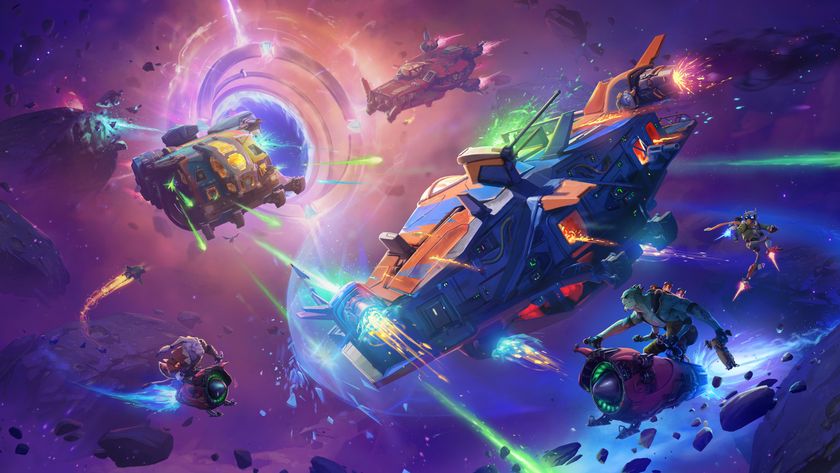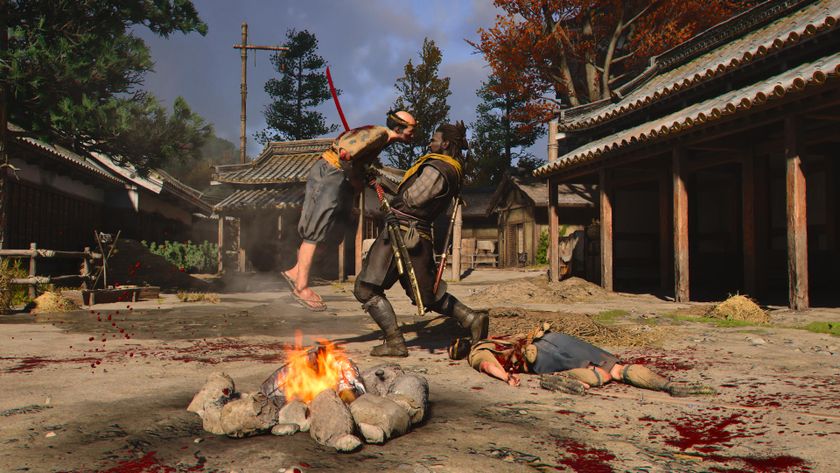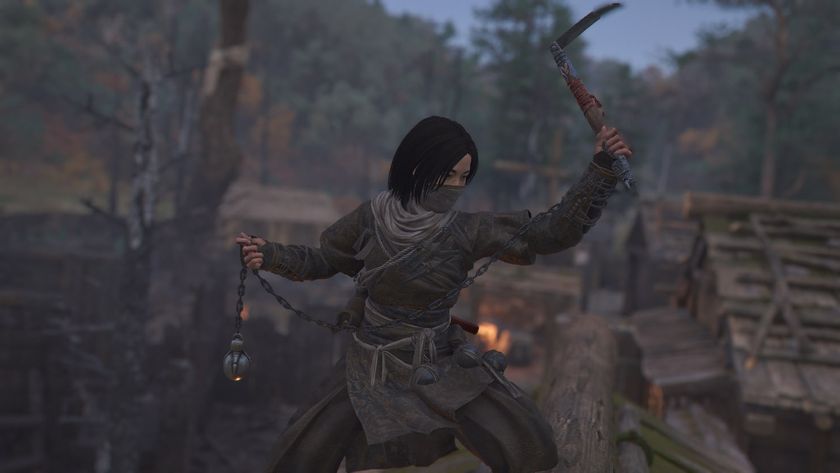"Climbing is in itself a game, with rules everybody knows": Cairn's tense, strategic ascents are making our palms sweat
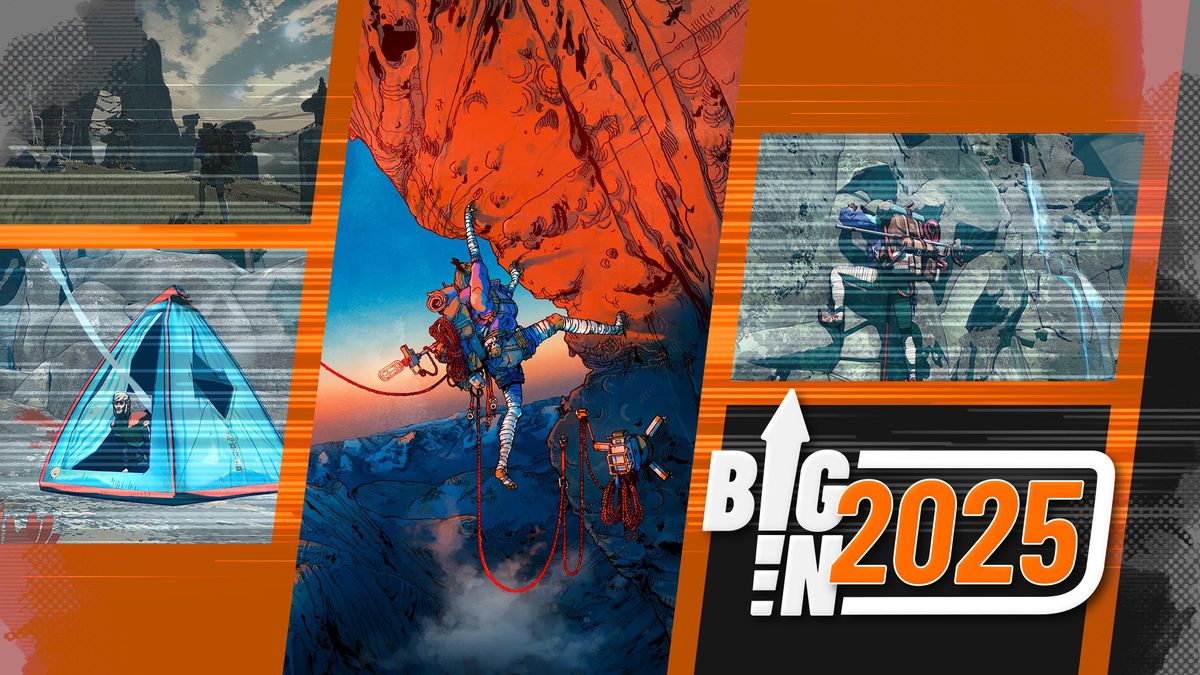
Mountain climbing is serious business, especially for those who choose to do it alone. That's what you'll be doing in Cairn. Unlike the fantastical (but excellent) Jusant, there will be no magical creatures along the way to give you moving handholds and the ability to leap huge distances vertically. No vines to hold onto that shoot upward; no plants to sprout climbable buds onto sheer surfaces. It's just you, uncaring rocky heights, a limited amount of gear, and your wits.
"Climbing is fun because it has instinctive success and failure consequences," says creative director Emeric Thoa. "Succeed and you'll make visible progress towards your destination, fail and you'll fall down and lose progress, because of gravity. So climbing is in itself a game, with rules everybody knows. That's one of the reasons we wanted to make Cairn, a game where you climb a mountain. The pitch is very simple: 'reach a summit no one reached before', and it is aligned with what you do in the game. Your objective is visually on screen, without any artifice. It's simple, but because we created a completely new way to climb, it's deep and unique."
Climbing rocks!
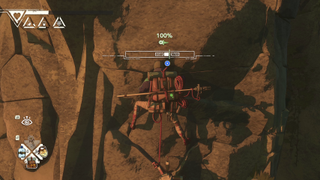
Developer: The Game Bakers
Publisher: The Game Bakers
Platform(s): PC, Consoles
Release date: TBC 2025
Indeed, your objective and your path will be in front of you at all times. Or, rather, your paths will be. Cairn is aiming for realism, and therefore, there is no single route through any one climb that leads you with conveniently placed white markings. It's up to you to assess each new cliff face you come across, finding the best starting point and determining which route seems best to you. Planning is key, because you don't want to realize you've made a mistake halfway through a climb. Falls can take off a significant chunk of health, or even kill you instantly.
Every moment of every climb is a puzzle, often a tense one. You move one limb at a time, looking for the best nook to place your hand or foot – just like a real climber. If you position yourself so that one leg is higher than the other, you'll be able to stretch an arm to reach an otherwise unattainable hold. This adds a new layer of risk and reward, as temporarily putting yourself into an awkward position is always a bit of a gamble. You'll run out of stamina as you exert yourself, in addition to the need to manage your hunger and thirst. Running out of stamina or losing consciousness before you reach the next summit are real and ever-present dangers.
The ability to twist your body into uncomfortable positions, and the need to avoid this wherever possible to ensure smooth progress, is reflective of the complex tech at play. "This is by far our most challenging production in terms of development complexity," says Thoa. "That climbing system is completely new and unique, meaning we don't have any reference to take inspiration from. And technically it's very difficult, as all the climbing movements are controlled by maths, not animations. This allows more movement and more positioning depth than in a game based on handmade animations, but it's also very tricky to balance. Each time we improve something, we break something elsewhere. Overall, any task that would usually take one week to make takes six to twelve times more. But that's definitely worth it."
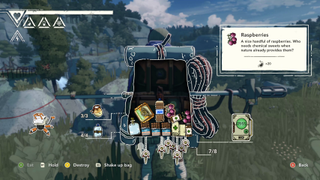
"Every moment of every climb is a puzzle, often a tense one."
Of course, Cairn won't be one relentless climb from start to finish. The end of each individual ascent brings with it not only a sense of achievement and relief, but a chance to recover and regroup. You can gather resources for food, drink, and piton repair. It's an opportunity to save your game, and set up a bivouac where you can put those resources to use. Cook food, repair broken pitons, and sleep off any damage to health that you've suffered. The actions you take between climbs are just as important as the actions you take during them. Cairn wants to give you the whole climbing adventure experience.
A realistic climbing game is an unexpected project from the studio that brought us Furi and Haven, but it's not quite so radical a departure as it may first appear. "All three games reflect on the theme of freedom," Thoa explains. "'Live free' for Furi, 'free to love who you want' for Haven. For us, Mountaineering is really iconic of that search for freedom. It's fascinating to think about why people climb mountains, why they put themselves in such dangerous situations, why they endure pain, why they risk their lives, just to climb a rock nobody asked them to. There is a hidden quest for freedom behind that we found really interesting."
Sign up to the 12DOVE Newsletter
Weekly digests, tales from the communities you love, and more
Big in 2025 is the annual new year preview from 12DOVE. Throughout January we are spotlighting the 50 most anticipated games of 2025 with exclusive interviews, hands-on previews, analysis, and so much more. Visit our Big in 2025 coverage hub to find all of our articles across the month.
Luke contributed regularly to PLAY Magazine as well as PC Gamer, SFX, The Guardian, and Eurogamer. His crowning achievement? Writing many, many words for the last 18 issues of GamesMaster, something he’ll eagerly tell anybody who’ll listen (and anybody who won’t). While happy to try his hand at anything, he’s particularly fond of FPS games, strong narratives, and anything with a good sense of humour. He is also in a competition with his eldest child to see who can be the most enthusiastic fan of the Life is Strange series.
